Human Rights Bookshelf
The Human Rights Program highlights publications from faculty across several colleges and degree programs. Adding their voices to the ongoing debates and theories of human rights, our faculty are among the world’s leaders in writing on issues including transitional justice, representations and memory of mass violence, history of human rights, gender and war, and the defense of rights and rule of law.
We encourage all Human Rights Program affiliated Faculty to submit any recent book publications through this Google Form so that we may keep our website up-to-date and showcase your accomplishments.
Recent Publications
Alphabetical by title.
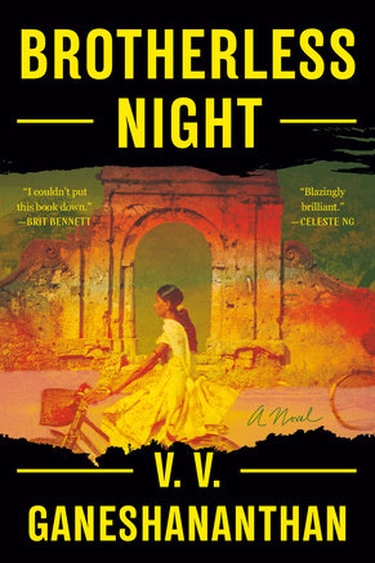
Author: V. V. Ganeshananthan
Novel about the life of a young girl from Sri Lanka who struggles to find her place amongst the mounting violence and political turmoil of the country’s civil war.
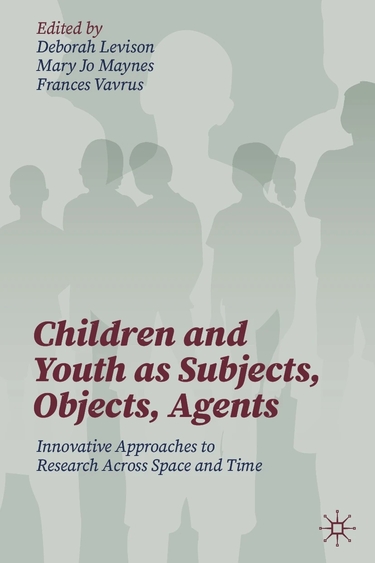
Authors: Deborah Levison, Mary Jo Maynes, and Frances Vavrus, eds.
This textbook showcases innovative approaches to the interdisciplinary field of childhood/youth studies, examining how young people in varying contemporary and historical contexts around the globe live their young lives as subjects, objects, and agents, and recognizing their rights to be heard on matters that concern them, per the United Nations Convention on the rights of the Child.
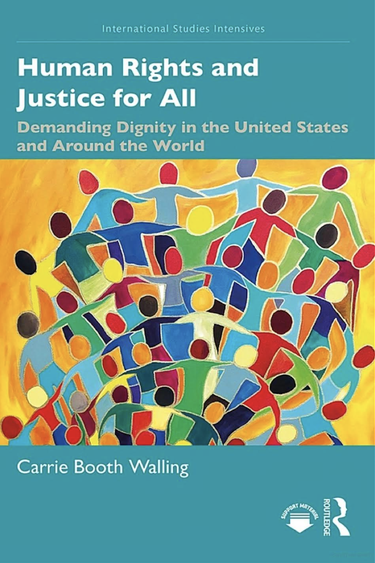
Author: Carrie Booth Walling
Exploration and teaching of human rights frameworks for navigating justice issues at all levels. Case studies consider how human rights violations have been addressed and how people can equip their knowledge for change-making.
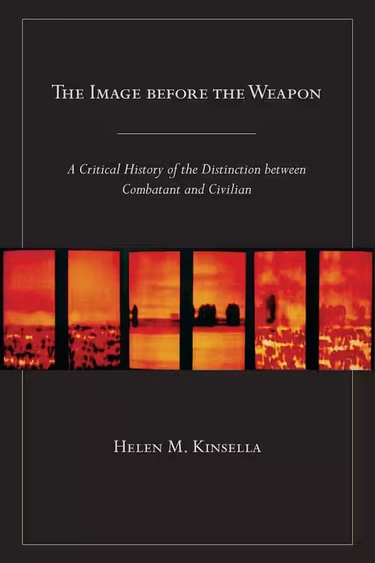
Author: Helen M. Kinsella
Explores the history and evolution of the laws of war and the principle of distinction. Describes the ongoing difficulties and failures of distinguishing between combatant and civilians and its consequences in armed conflict.
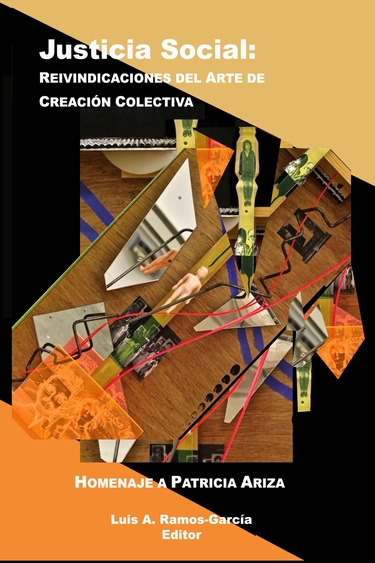
Author: Luis Ramos-Garcia, eds.
Peruvian, Colombian, Argentine, Ecuadorian, and American researchers explore the construction of Latin American theater in the U.S. through theatrical investigations, cultural studies, and other artistic expressions. The book is a homage to Patricia Ariza.
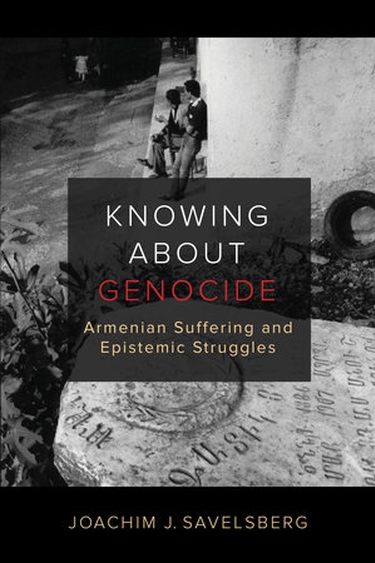
Author: Joachim J. Savelsberg
The book examines strategies of silencing, denial, and acknowledgment in everyday interaction, public rituals, law, and politics. It illuminates social processes that drive dueling versions of history and counterproductive consequences of denial in an age of human rights hegemony.

Author: Steve Miles
Based on a true story, this book explores the work of a UN Human Rights Council attorney and a law school student as they work to prosecute a doctor who tortured people for the Sierra Leone government.
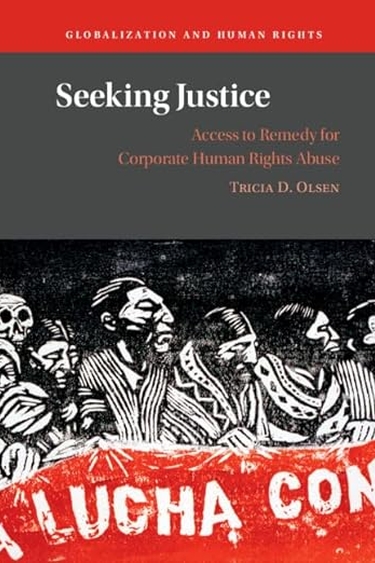
Author: Tricia Olsen
Corporate wrongdoing is ubiquitous today. Yet, we know little about when victims have access to remedy. Seeking Justice explores variation in victims’ access to remedy mechanisms for corporate human rights abuse in Latin America using the newly created Corporations and Human Rights Database.
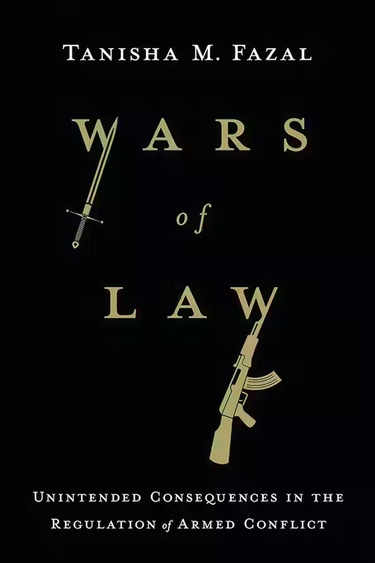
Author: Tanisha Fazal
Assesses the unintended consequences of the proliferation of the laws of war for the commencement, conduct, and conclusion of wars over the course of the past 150 years. Based on original data, one of the major findings of the book is that the effects of the proliferation of international humanitarian law differ greatly in interstate versus civil wars.
Past Human Rights Bookshelf Publications
Alphabetical by title.
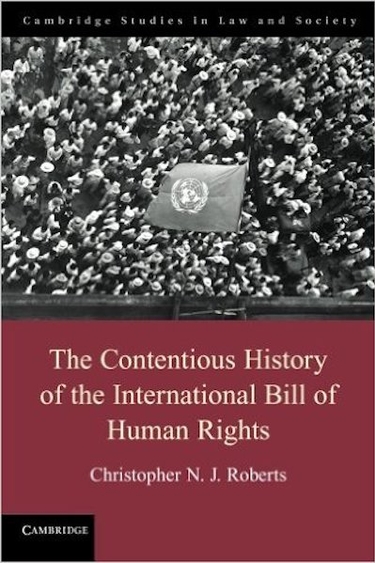
Author: Christopher Roberts
Exploration of human rights, including the deep disagreement over their true source of origin, how to study them and how best to address their deficits.
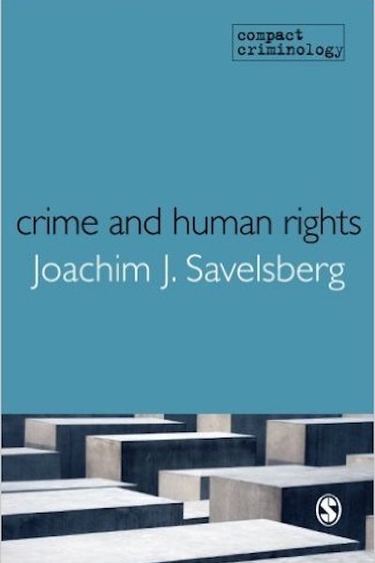
Author: Joachim Savelsberg
A linking of human rights scholarship with criminological theory to explore explanations of and responses to crimes against humanity.
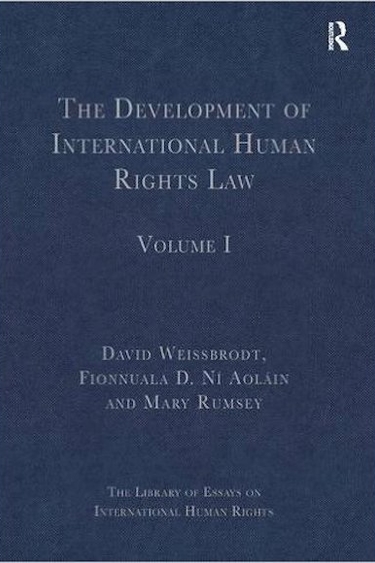
Author: Fionnuala Ní Aoláin, Editor: David Weissbrodt
Essays by experts on human rights, encompassing the development of human rights law and many of its current controversies.
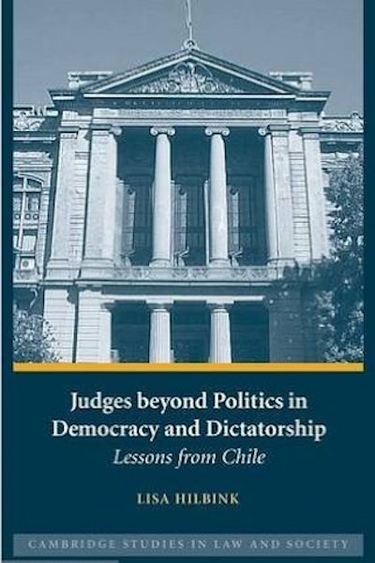
Author: Lisa Hilbink
Longitudinal case study of Chilean judicial behavior before, during, and after the rule of Augusto Pinochet.
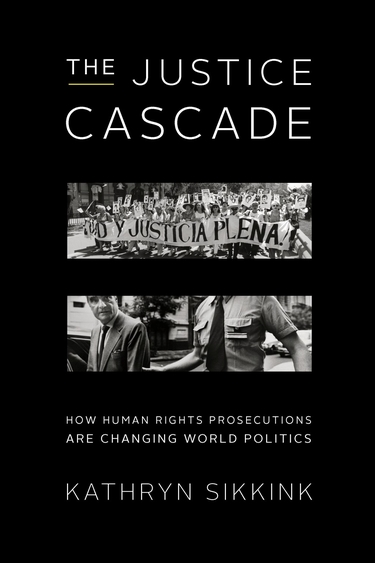
Author: Kathryn Sikkink
Reveals the emergence of human rights prosecutions and their effect on democracy, conflict, and repression.
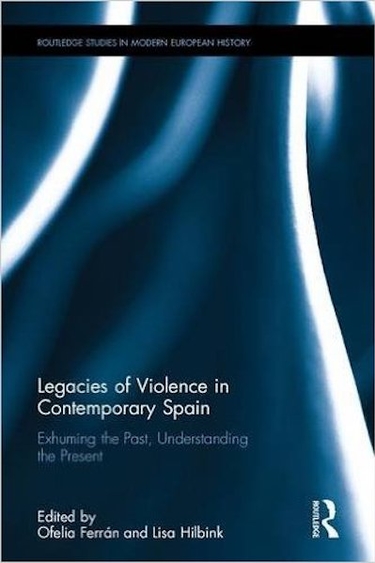
Authors: Ofelia Ferrán and Lisa Hilbink
Study of Francoist violence in contemporary Spain, focusing on exhumations of mass graves from the Civil War and post-war era.
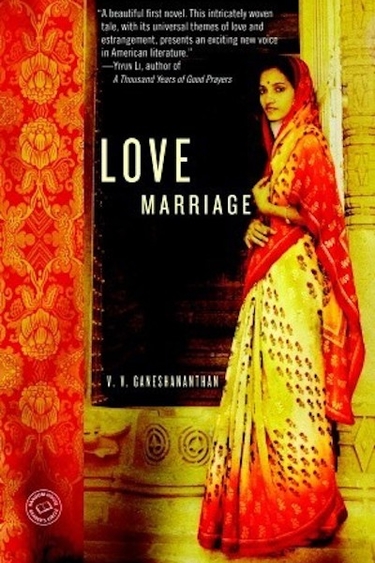
Author: V.V. Ganeshananthan
A story of the daughter of Sri Lankan immigrants who left their collapsing country and married in America, chronicles how Sri Lankan politics continues to affect daily life.
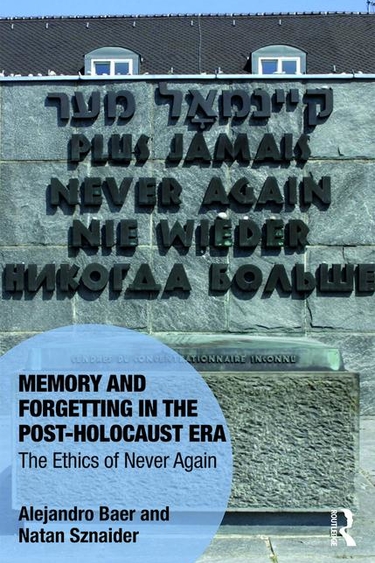
Authors: Alejandro Baer and Natan Sznaider
Examination of the effects of a globalized Holocaust culture and how memory activists maneuver between duties of remembrance and the benefits of forgetting.
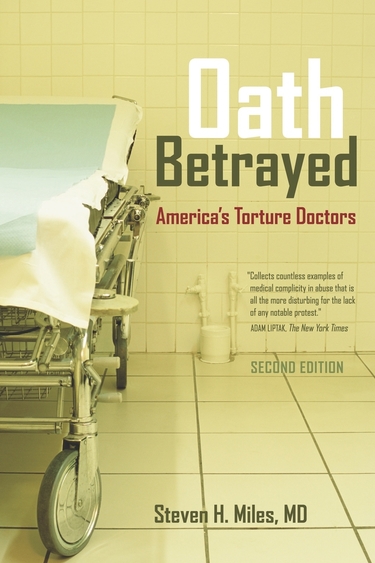
Author: Steven Miles
Telling of how doctors, psychologists, and medics cleared the way for the United States to torture prisoners in the war on terror.
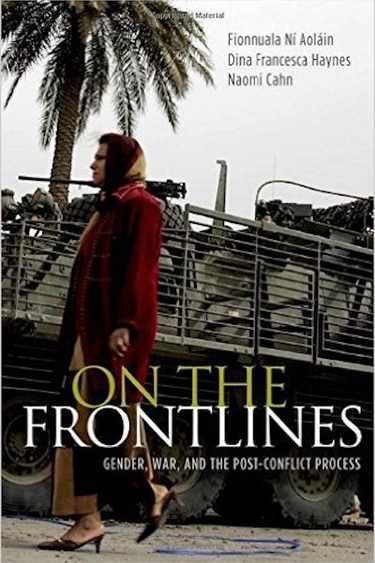
Authors: Fionnuala Ní Aoláin, Dina Francesca Haynes, and Naomi Cahn
Consequences of violence and discrimination experienced by women in post-conflict states, offering practical solutions to ensure gender centrality in peacemaking and peace enforcement.
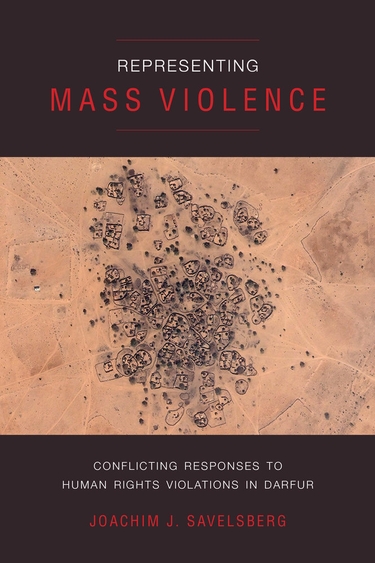
Author: Joachim Savelsberg
Analysis reflecting the dramatic differences in the framing of mass violence as represented to the public via media.
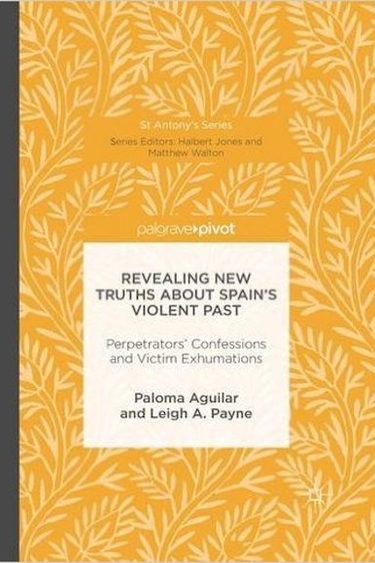
Authors: Leigh Payne and Paloma Aguilar
Analysis of Spain's transformation from consensual guilt and oblivion in dealing with its past to that of openness via victim testimony and perpetrators’ confessions.
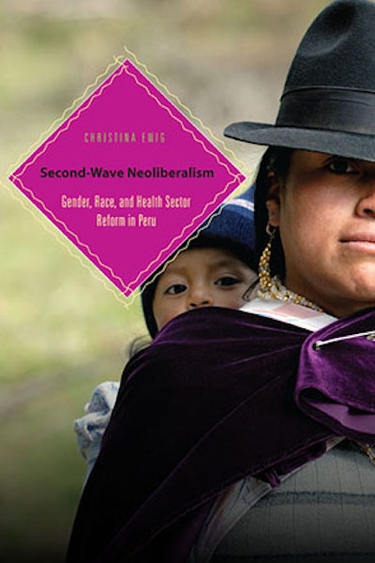
Author: Christina Ewig
A case study of the multifaceted efforts to reform the health sector in Peru under the Fujimori regime.
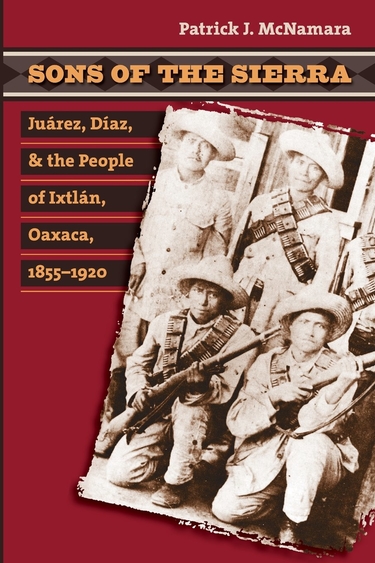
Author: Patrick McNamara
Historical exploration of events in Ixtlan, where Zapotec Indians supported the liberal cause and sought to exercise influence over statewide and national politics.
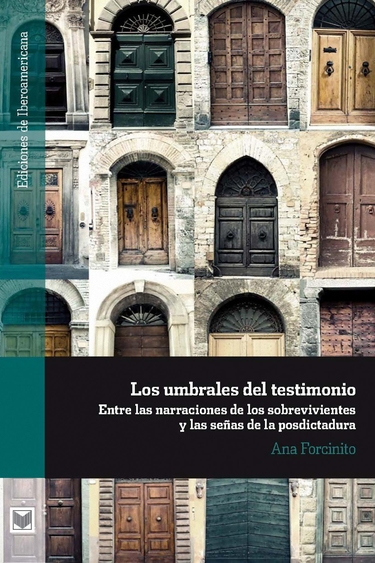
Author: Ana Forcinito
Rereading testimonial narratives of former political prisoners in Argentina and the central roles they played in the struggles against impunity.